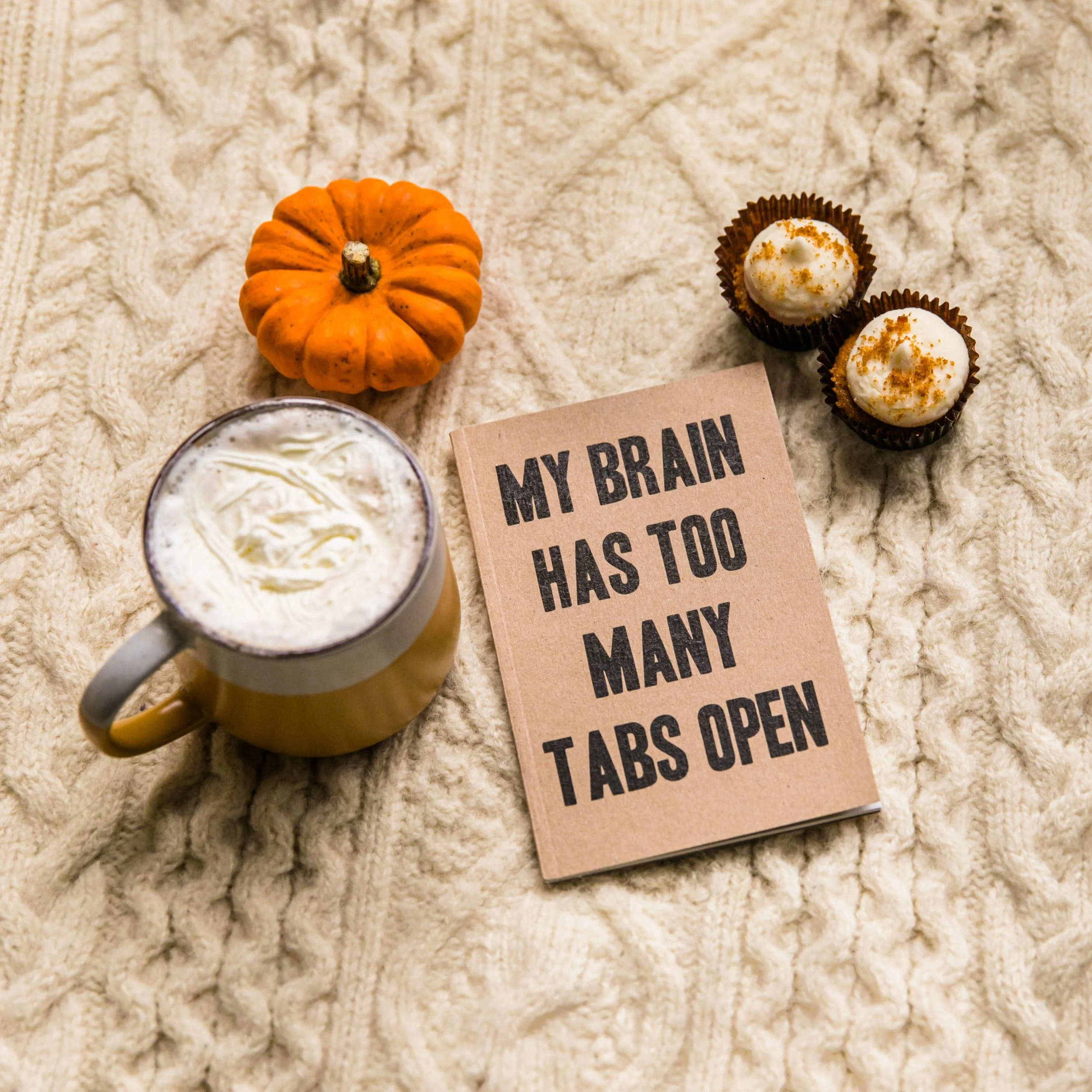I think I have ADHD
Many people, particularly since lockdown, are recognising ADHD traits in themselves.
So what are the main elements of ADHD that I should know?
ADHD stands for Attention Deficit Hyperactivity Disorder, you may also hear the description ADD which does not include the hyperactive element of this condition.
It is a neurodevelopmental condition that affects the way the brain develops.
The key symptoms are inattention, hyperactivity and impulsivity.
The challenges caused by ADHD can impact greatly on all areas of life. Relationships, work, studying and socially can all be affected.
People tend to seek further information about ADHD when these symptoms are bringing further difficulties and challenges to their lives.
For example a person may seek a diagnosis when having difficulties at work such as focus, motivation, meeting deadlines, time keeping. When they look back they recognise these have always been issues. Often they reflect back on school experiences and see them differently through an ADHD lens.
There are 3 main sub-types of ADHD
Mostly Inattentive type - the main symptoms being inattention (was termed ADD)
Mostly Hyperactive/Impulse type - the main symptoms being hyperactivity and impulsivity
Combined type (most common) - symptoms of inattention and hyperactivity/impulsivity in relatively equal amounts
The ADHD experience is wide and varied but with common elements, here are a few
People experience knowing what they have to do, but just can’t find the motivation to do it. This often leads to negative descriptions about them, such as ‘lazy’.
Many find themselves procrastinating often. Decision making can be overwhelming.
Jumping thoughts makes it hard to structure a sequence of what to do next.
Low sensory registration. This means it is hard for the brain to work at full capacity, making it hard to sit still for long periods of time to concentrate, due to constantly processing sensory inputs. Unless you are interested, it is harder to process information.
There is a constant fluctuation between inattention and hyperactivity, this can be exhausting.
People with ADHD have to work hard to keep afloat. This extreme output of energy can lead to mental health difficulties such as depression and or anxiety, sometimes burn out.
Some people may feel ‘out of sync’ but may not know they have ADHD. They can be seen as:
Anxious with a racing mind. “My brain never stops, like a washing machine”
Chaotic and challenging. Very little order. “Others see me as irritating”
Drama or sensation seeking. Entering into arguments or disagreements. “I can go from 0-100 in seconds”
Addictive personalities. Alcohol, drugs, internet shopping, exercise.”I have a hunger for more, it’s hard to stop”
Obsessive compulsive behaviours. Repetitive pattern of behaviours that are soothing and calming. “I like to crack my knuckles.” “I hum all of the time.” “I have to fiddle with something when I’m listening to others”
Emotionally dysregulated. Rapidly shifting moods. “I often feel very depressed for some time and then can suddenly snap out of it”
Highly sensitive to criticism. Rejection sensitivity. “I regularly feel like my friend’s are annoyed with me”
What help is out there if I want to explore ADHD further for myself or a family member?
Speaking to a professional who is both trained in neurodiversity and has lived experience of being neurodivergent can make a positive difference. Work with someone who can explore this condition safely with you.
There are still many negative stereotypes about having ADHD. This can be a barrier to someone exploring this condition for themselves. Seeking neurodiverse affirming social media content can be a gentle first step to finding out more.
To seek a diagnosis you can either talk to your GP about being referred for an assessment, or search for private assessors that come recommended.
Further blogs to follow about ADHD.


